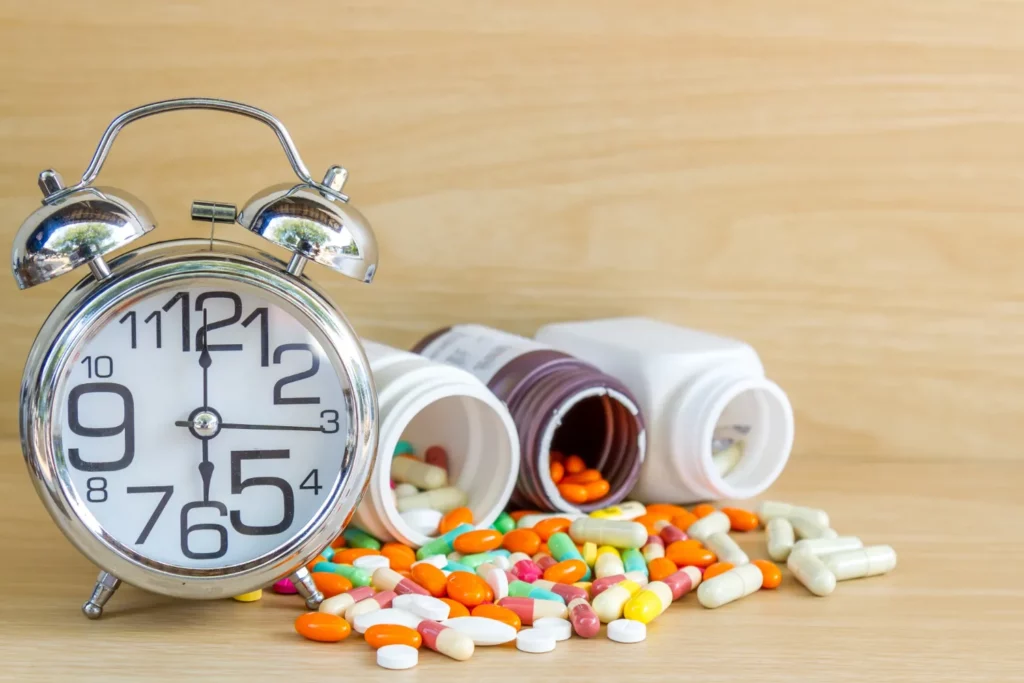
When caring for a loved one at home, medication management is one of the most important responsibilities to ensure safety and best health outcomes. As a caregiver, it is important to understand how to properly store medications, identify the right dose and give medications on time, as well as understand the side effects and interactions of the drugs. Keeping medication safety in mind, here are a few key tips to help protect your loved one’s health.
Educate Yourself on the Medication
When administering medications, it is essential to first understand the purpose of the drug and how it is meant to be taken. This means reading the label thoroughly as well as consulting with the doctor or pharmacist before matter. Understanding the implications and potential side-effects is also important. Knowing what drugs should and should not be taken with the medication your loved one is taking is critical, as certain medications can react with each other. Keeping yourself well informed about the medications will help protect your loved one and prevent any mistakes.
Store the Medications Properly
After understanding the medications being taken by your loved one, proper storage should be a priority. It is recommended to keep all medications away from direct light and away from humidity. In addition, it is important to keep all medications in labeled containers and away from children. Beware of using expired medications, as this can cause serious side-effects.
Understand the Dosage
One of the most important steps when giving medications is understanding the dosage. Overdoses or underdoses can cause serious health risks, so it’s important to understand the right amount to give. Generally the doctor or pharmacist will provide instructions about how much medication needs to be given and how many times per day. It is important to have a schedule for taking the medication and use measured spoons for liquid medications when needed.
Monitor the Side Effects/Symptoms
When taking any medication, there are always side effects that can occur. It is important to recognize and understand the side effects that are associated with your loved one’s medications. Different side effects can range from nausea and fatigue to skin rashes and other more serious conditions. In addition, if any of the medications your loved one is taking have been changed recently, it is important to monitor any new symptoms that may emerge. Recognizing any potential changes will help ensure the best health outcomes.
Stay Organized and Communicate
Managing medications may seem like a daunting task, but there are ways to make things easier. Using smartphone apps, such as CareZone, to track medications and set alerts for doses helps ensure that your loved one is taking their medications properly. In addition, if you are caring for your loved one with other family members, it is important to coordinate and share medical information to ensure that all parties are well-informed. Communicating with the doctor and the pharmacist is also important when managing medications.
Ensuring medication safety in home care is not an easy task. However, by educating yourself about the medications, storing them properly, understanding the dosage, monitoring any side effects or potential changes, and staying organized, you will be able to ensure the best health outcomes for your loved one.
